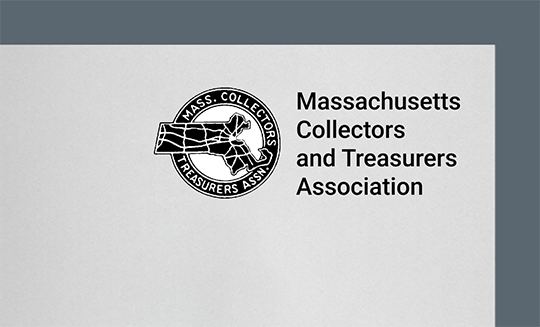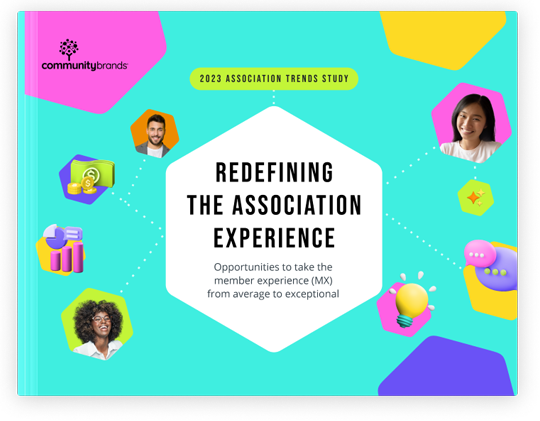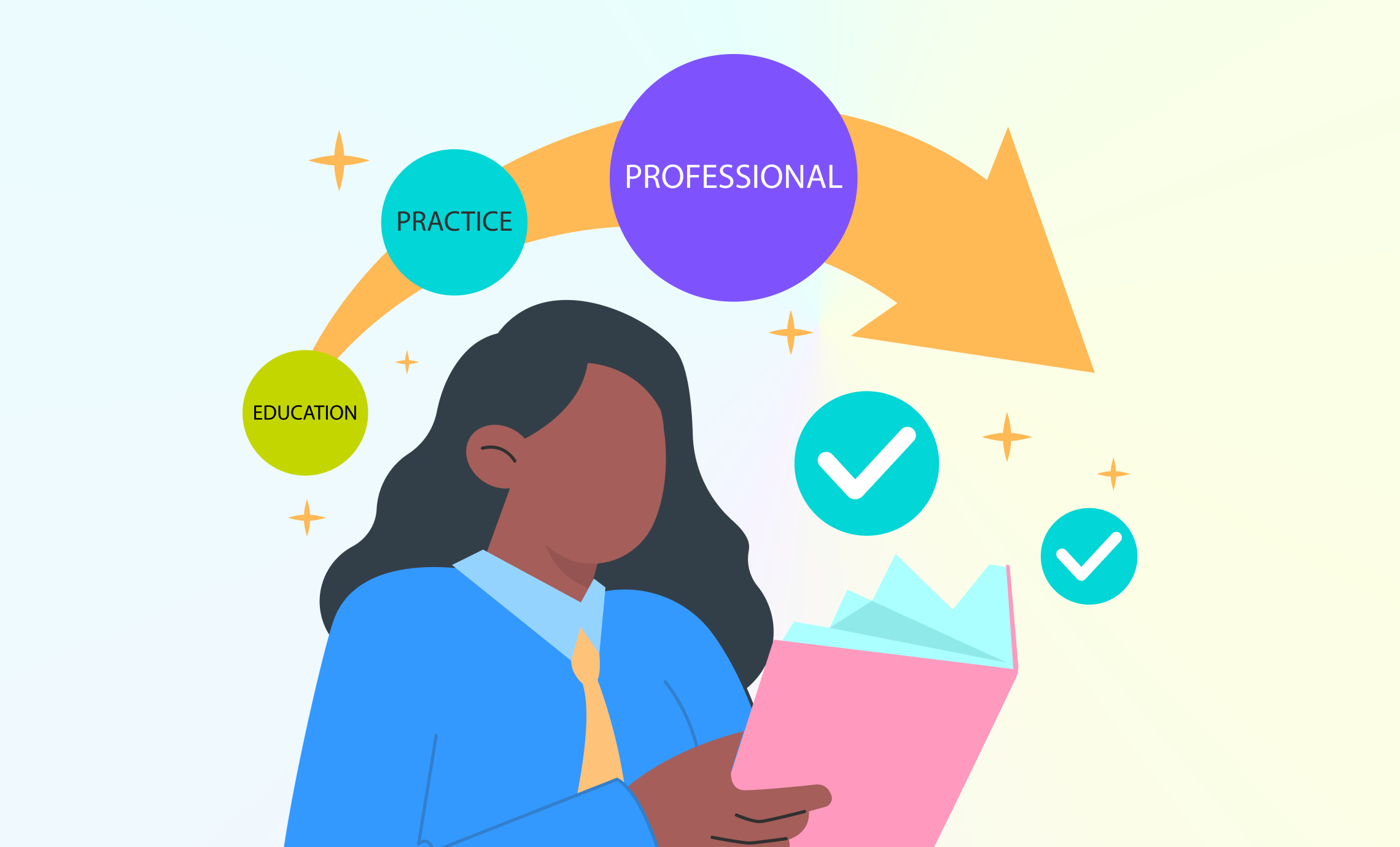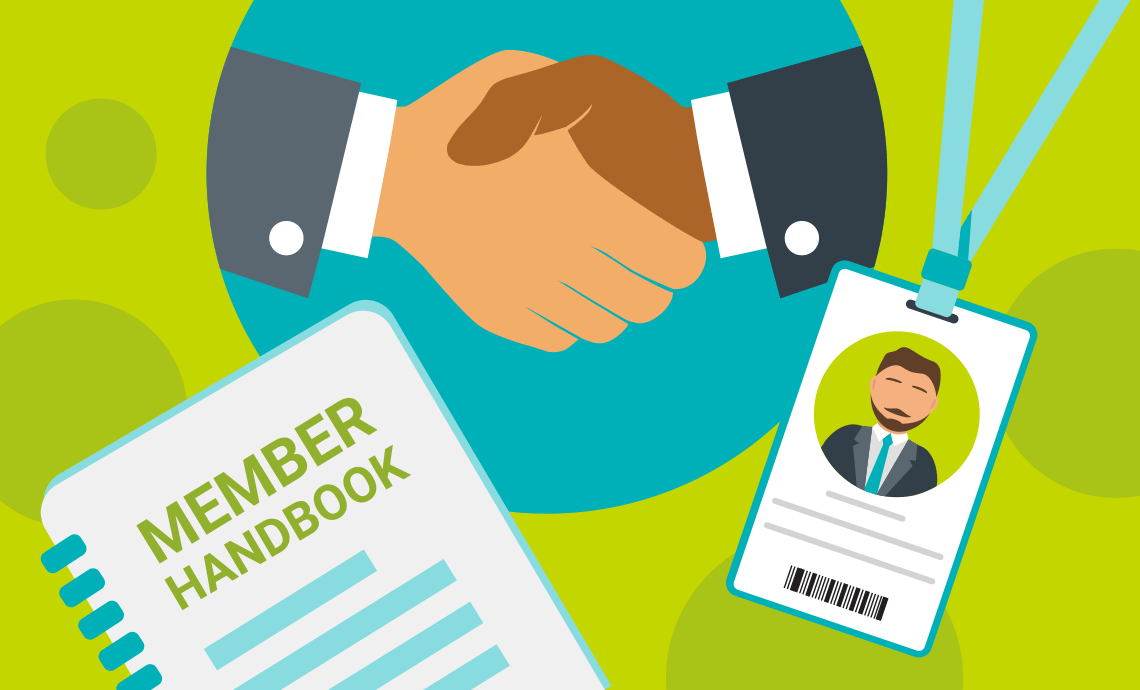Last time, I chronicled the challenges faced by Gatorade’s new CEO, then how she overcame them, hoisting the company out of a major slump after decades of success. This time, I’m departing from the ongoing review of “The Power of Little Ideas” by David Robertson. Instead, I’d like to address something that’s had an impact in the latest news, and our hearts.
Many of you may have read or heard about how Hollywood was hit with a scandal due to the allegations made by popular actresses against an uber-producer and movie-making mogul. These allegations started much earlier—months (maybe even years) earlier. However, it was not until actress Rose McGowan took to Twitter to publicly make a call-out to all victims beyond Hollywood so people might get a sense of the magnitude of the problem that many others began to react.
This effort on Twitter inflamed an incredible grassroots movement of women—and some men—with similar stories, sharing them and their own victimization with zeal. They began using the hashtag #metoo (borrowed from an earlier social campaign by activist Tarana Burke and recently re-shared by actress Alyssa Milano) as a digital nod and coming out of what they may have held privately before McGowan’s empowering movement.
The resulting fallout has been tremendous with studios, award programs, the producer’s own company jettisoning him from his position, and even among neighbors.
But, you ask: What does this have to do with professional education?
As an education technologist, I found this movement reaffirming to the origins of my decision to be in technology and education. Despite skeptics calling some of technology’s promise as utopian or quixotic in false hope, Rose McGowan’s story is a time when technology empowered outcomes when other institutions and constructs failed at offering a proper channel to inform. And, education is what’s happening here. People are quickly communicating, informing and sharing; these are the elements of awareness that lead to a more informed, educated society, and hopefully positive change.
Professional education can do this. We see it in our own work.
Consider our client The International Association of Forensic Nurses (IAFN), which is fighting the same battle. This organization is dedicated to furthering the distribution of information, education and professional needs of the nurses on the frontlines of sexual abuse. Their audience is the nurses that treat women, children and even men who are victims of sexual abuse. And, the IAFN is successfully using technology to educate nurses to help spot victims.
And, this is a key point: Educating nurses to earn this specialty credential can provide frontline caregivers the knowledge needed to detect the type of injuries and signs that indicate abuse—something the victims may not be able to communicate due to fear, shame, youth, senility or other psychological reasons.
Education is in critical need because of the specialty requirements of forensic nursing, and this is a challenge in of itself, while a lack of awareness hurts funding for hospitals to receive support to train staff. So, technology can help, with advocacy and the education of politicians and budget planners.
We will continue to push forward with our friends at the IAFN. Please consider sharing their message, joining their Facebook Group and following their Twitter. And, consider learning more about how to become SANE certified, which is the specialized position of Sexual Assault Nurse Examiners (SANE).
Yes, it’s a sensitive topic. But, we must support organizations like IAFN and others which are calling for education and awareness of criminal, violent activity.
I’ll leave you with two lines from the mission statement of IAFN: Here’s to a “world without violence” and a “commitment to social justice.” Wishing you all well, and safety, and peace.






